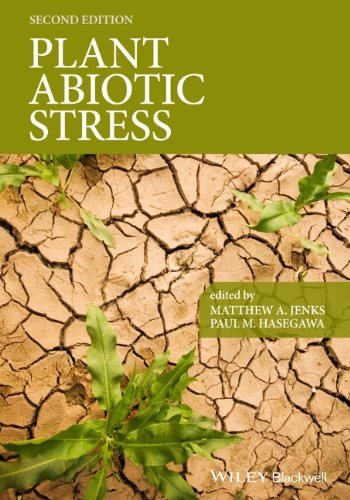

Most ebook files are in PDF format, so you can easily read them using various software such as Foxit Reader or directly on the Google Chrome browser.
Some ebook files are released by publishers in other formats such as .awz, .mobi, .epub, .fb2, etc. You may need to install specific software to read these formats on mobile/PC, such as Calibre.
Please read the tutorial at this link: https://ebookbell.com/faq
We offer FREE conversion to the popular formats you request; however, this may take some time. Therefore, right after payment, please email us, and we will try to provide the service as quickly as possible.
For some exceptional file formats or broken links (if any), please refrain from opening any disputes. Instead, email us first, and we will try to assist within a maximum of 6 hours.
EbookBell Team

5.0
100 reviewsA fully revised review of the latest research in molecular basis of plant abiotic stress response and adaptation
Abiotic stressors are non-living environmental stressors that can have a negative impact on a plants ability to grow and thrive in a given environment. Stressors can range from temperature stress (both extreme heat and extreme cold) water stress, aridity, salinity among others. This book explores the full gamut of plant abiotic stressors and plants molecular responses and adaptations to adverse environmental conditions.
The new edition of Plant Abiotic Stress provides up-to-date coverage of the latest research advances in plant abiotic stress adaptation, with special emphasis on the associated and integrative aspects of physiology, signaling, and molecular-genetics. Since the last edition, major advances in whole genome analysis have revealed previously unknown linkages between genes, genomes, and phenotypes, and new biological and –omics approaches have elucidated previously unknown cellular mechanisms underlying stress tolerance.
Chapters are organized by topic, but highlight processes that are integrative among diverse stress responses. As with the first edition, Plant Abiotic Stress will have broad appeal to scientists in fields of applied agriculture, ecology, plant sciences, and biology.